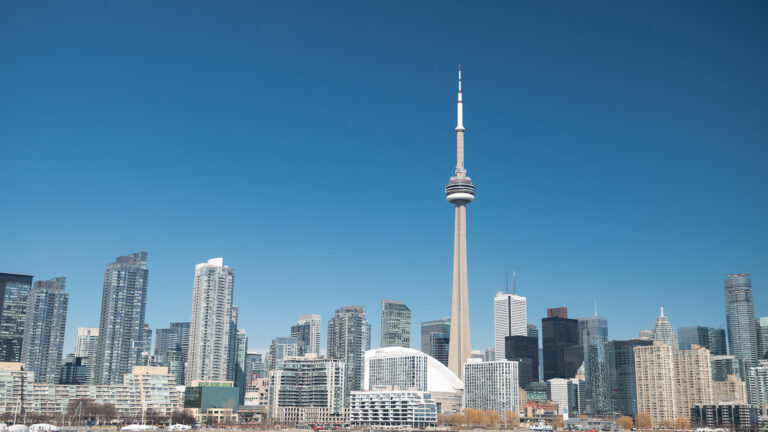More than three-quarters (77%) of global family offices anticipate a rise in economic protectionism, while 70% expect global tariff rates to remain the same or increase — suggesting that higher tariffs are viewed as the new normal, according to a new report by Goldman Sachs.
The report also found geopolitical conflict was a top concern for nearly two-thirds (61%) of family offices worldwide, with a further 66% noting they expect geopolitical risks to increase over the next 12 months. In particular, 75% of respondents in the Asia-Pacific region ranked this among their top three investment risks.
Other top concerns included political instability (39%), economic recession (38%), and global tariffs above market expectations (35%). Roughly a quarter cited inflated valuations and inflation (27% each), while others highlighted liquidity (15%), financing costs (11%), and regulation (7%). Globally, 57% of respondents — including a higher proportion in the Americas — expect inflation to rise in the next year, and half said they see the probability of a U.S. recession increasing.
Global family office asset allocations has remained broadly consistent from 2023 to 2025, noted the report. Public equity allocations rebounded to 2021 levels (31%) after a dip in 2023, driven largely by interest in mega-cap technology companies benefiting from growth in the artificial intelligence (AI) sector.
Allocations to alternatives (private equity, private real estate and infrastructure, private credit, and hedge funds) edged lower to 42% in 2025 from 44% in 2023. While most family offices (61%) did not adjust their alternatives exposure, those that did cited portfolio rebalancing (22%) and weak returns (14%) as key reasons.
Private equity allocations fell to 21% in 2025 from 26% in 2023. Regional allocations were highest in the Americas (25%), followed by Europe, the Middle East (22%) and Asia-Pacific (15%). The report noted that a sluggish IPO and mergers and acquisitions environment has made limited partners hesitant to recommit to next in line vintages or new managers. Buyouts dropped to 9% from 11% in 2023, with growth equity (6% from 8%) and venture capital (6% from 7%) also slipping.
Allocations to cash and cash equivalents rose slightly (11% from 10% in 2023), as did private real estate and infrastructure (11% from 9%) and private credit (4% from 3%). More than half (56%) of family offices said they invest in private infrastructure, with fundraising for the asset class pacing toward a record year amid several emerging “megatrends.” Private credit, though a smaller slice of portfolios, remains popular — nearly three-quarters of respondents are currently invested, despite concerns over credit quality and market crowding.
Hedge fund allocations remained flat at 3%, though a significantly higher share of family offices in EMEA and APAC expect to increase these allocations over the next year.
Nearly three-quarters (72%) of family offices said they invest in secondaries, up from 60% in 2023. The report highlighted that as companies stay private longer and sponsors monetize assets more slowly, the secondary market is increasingly seen as a key source of opportunity. Roughly half (51%) of respondents invest in secondaries through managers.
Looking ahead, the highest percentage (39%) of family offices said they expect to increase exposure to private equity, followed by public equities (38%), private credit (26%), hedge funds (24%), infrastructure (21%), private real estate (20%), fixed income (20%), cash and cash equivalents (16%), and commodities (14%).













